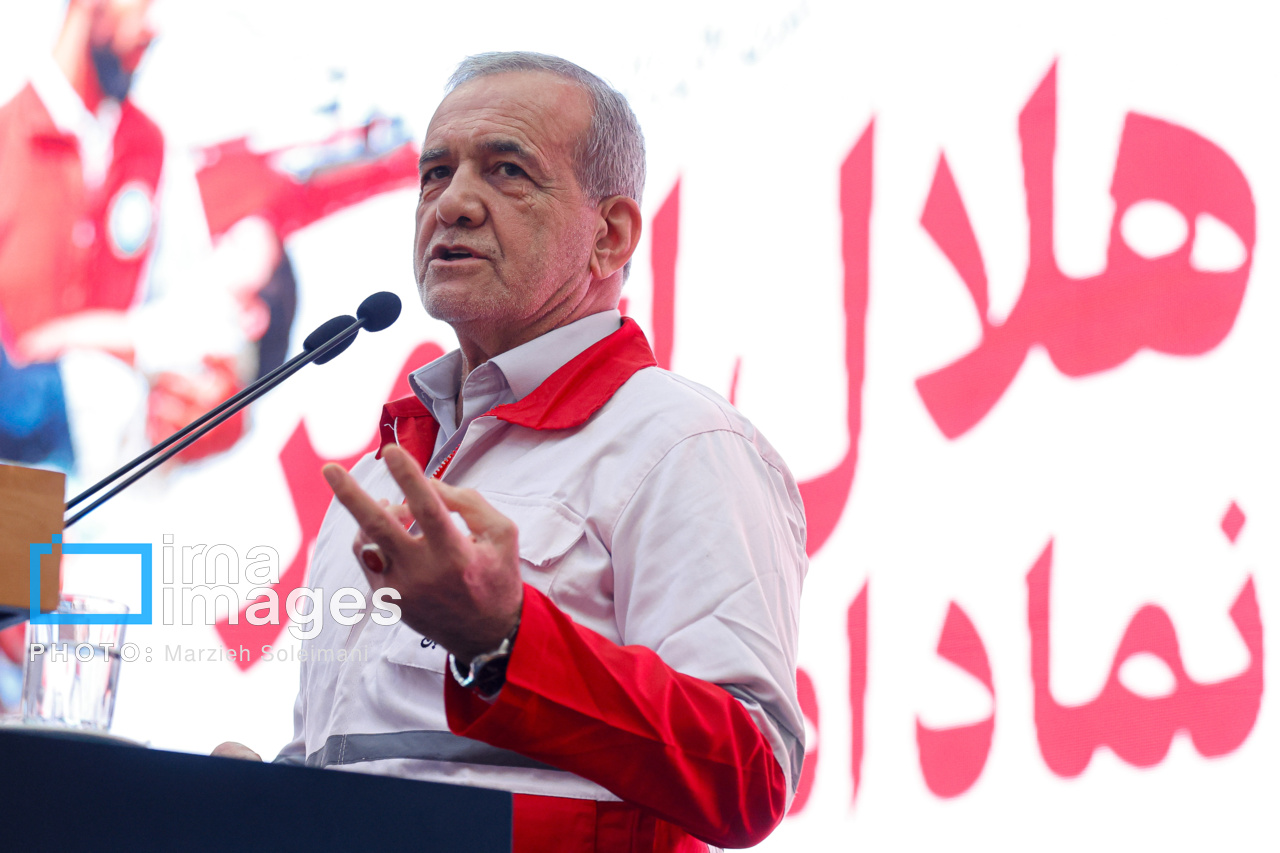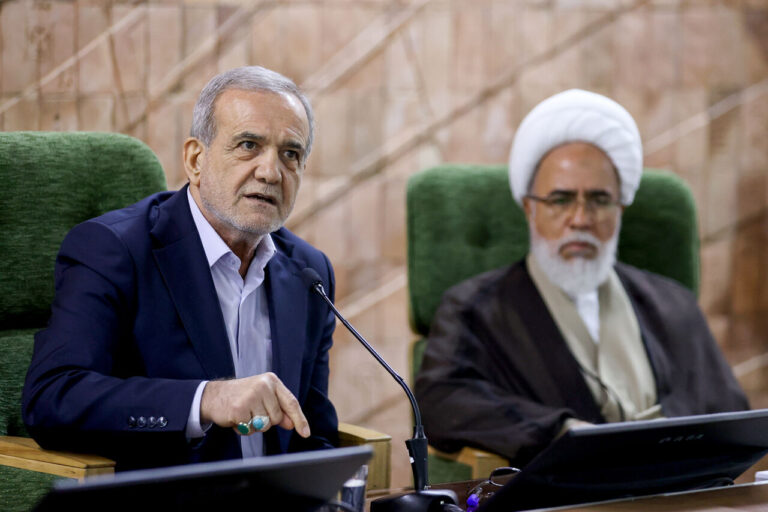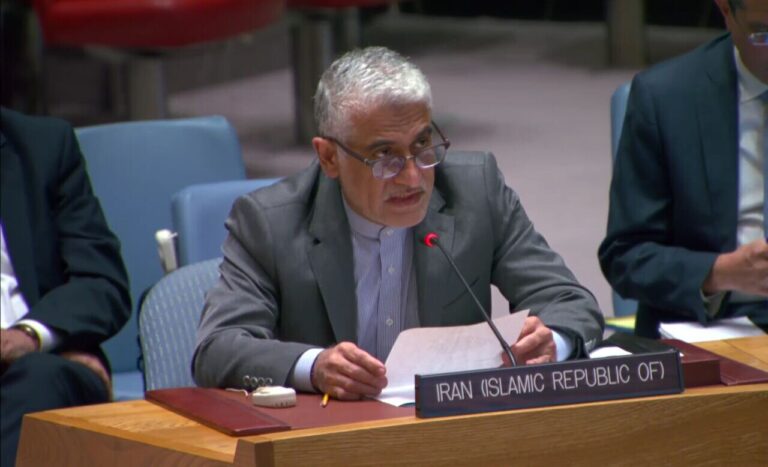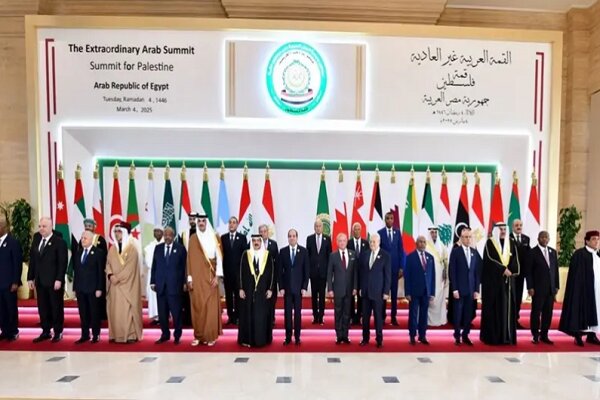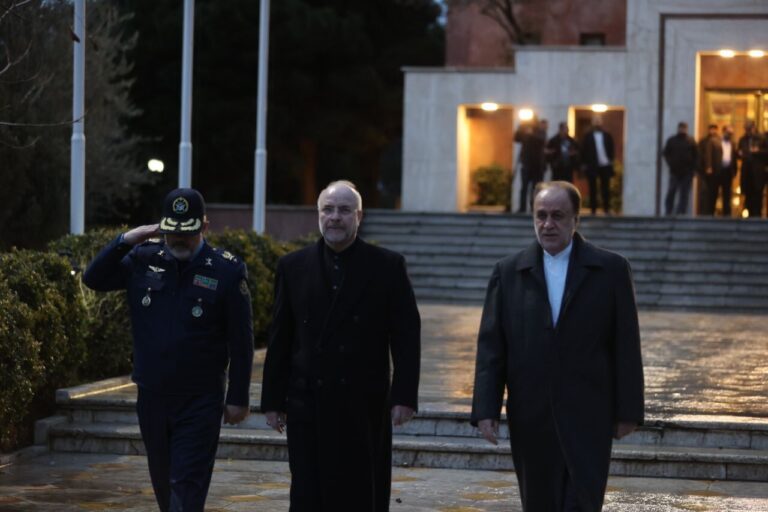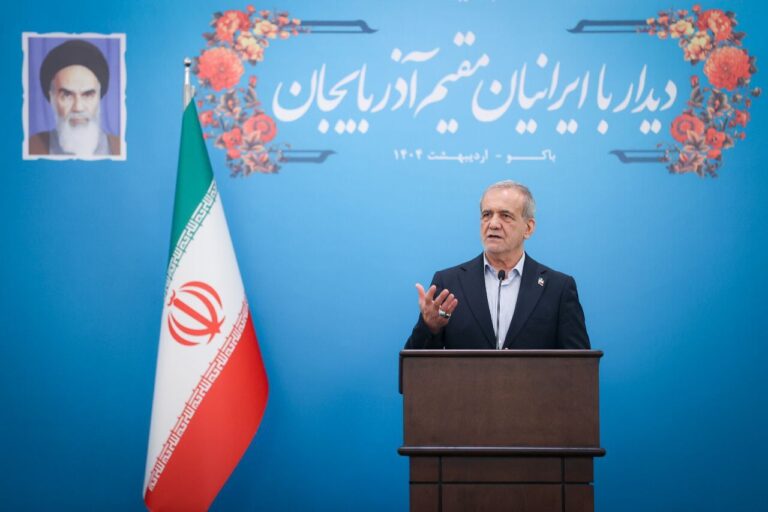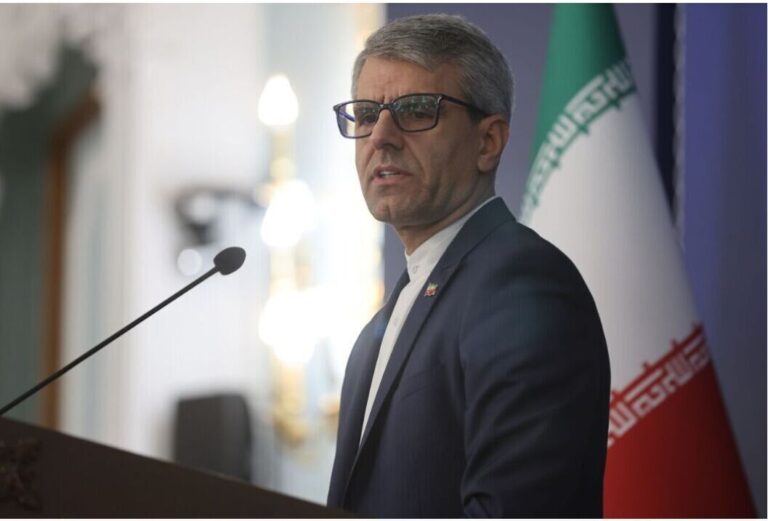President Pezeshkian Slams Western Double Standards in Humanities Critique
In a recent speech, President Masoud Pezeshkian has voiced strong criticisms against the West for its double-standard policies concerning the humanities. His remarks shed light on the contradictions between proclaimed values and actual practices of Western nations.
During an event to commemorate Red Crescent Week, President Pezeshkian highlighted the hypocrisy of Western countries, which advocate for democracy, freedom, and peace, while simultaneously engaging in brutal actions. He emphasized that these nations often shift blame for their misconduct onto others.
“Before the eyes of the world, it is unclear who comes to the aid of humanity and who crushes people under missiles and advanced weaponry,” he stated, questioning the integrity of those who claim to uphold humanitarian values.
Key points from President Pezeshkian’s address include:
- Critique of Western Hypocrisy: He called out the contradiction between Western nations’ advocacy for human rights and their involvement in violence.
- Condemnation of Violence: The President expressed outrage over the bombing of innocent civilians, including women and children, questioning the morality of those responsible.
- Silence of International Organizations: Pezeshkian condemned international bodies for their inaction regarding the crimes of the Israeli regime, stating, “The world watches but does nothing.”
He further remarked, “How can those who stand behind official podiums and preach about human rights and humanity accept the bombing of women, children, and the elderly? What kind of beast lives inside these people?!” This statement underscores his disillusionment with the apparent disconnect between rhetoric and reality.
The President concluded by asserting that, despite proclamations of freedom and peace, the actions of these nations reflect a savagery that surpasses the most vicious animals. “The United Nations sees yet defends such criminals. This is the issue we face,” he emphasized, calling for a reevaluation of the global response to humanitarian crises.
